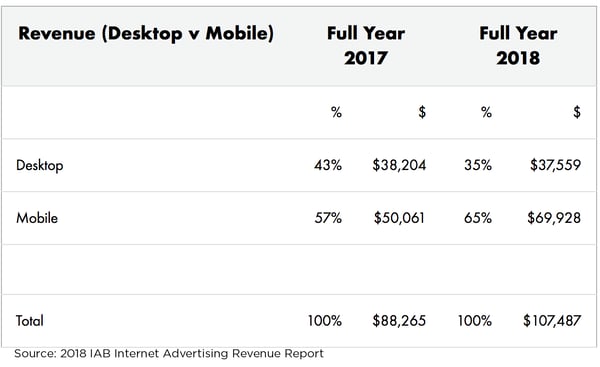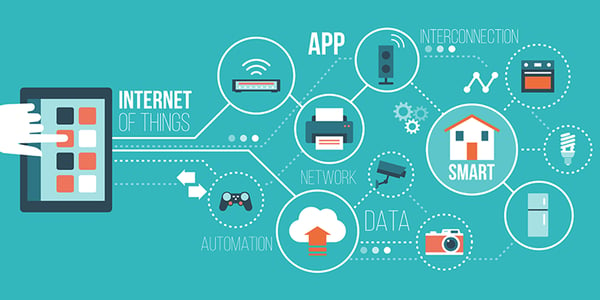
This week's review of ad fraud and quality in the digital advertising space.

According to the 2018 IAB Internet Advertising Revenue Report, U.S. digital advertising revenues reached an all-time high of $107.5 billion — representing the first time that U.S. digital ad revenues surpassed the $100 billion milestone. This was a rise of 22% year-over-year, up from $88.3 billion in 2017. Learn more.

"Google’s latest anti-tracking privacy tools update hold the potential to remake the world of digital advertising — and entrench power with its powerbrokers," wrote Digiday. "Google’s update doesn’t involve a hard block on all third-party cookies, rather it gives users the choice to block or not. They won’t be automatically blocked (like with Apple ITP), which will make a big difference for other ad tech vendors."

"Browser fingerprinting isn’t a new tactic, but it’s newly in the headlines as all of the primary web browsers – Safari, Firefox and now Chrome – crack down on the practice in the name of privacy," wrote AdExchanger in a piece exploring the potential fallout. "[A]nyone who’s relying on this common practice in ad tech as a backup plan for when third-party cookies are blocked – either by default or by user choice – needs an alternative."

"According to Nielsen, addressable ads are predicted to hit $4.7 billion next year -- and will accelerate as more homes add connected TV sets and devices to their living rooms and as changes to the addressable ecosystem take shape," reported MediaPost.

ThreatPost has published an interview with Dan Demeter, security researcher at Kaspersky Lab, in which Demeter says ad fraud is the newest IoT hack.
"A trend that we have been seeing lately is that attackers now, instead of infecting devices with the aim of launching DDoS attacks (or offering DDoS as a service), they instead try to infect devices and use them as proxies," said Demeter. "One of the easiest ways that you can use a device as proxy [in an attack] is to add it to an ad-click campaign."
*By entering your email address and clicking Subscribe, you are agreeing to our Terms of Use and Privacy Policy.
These Stories on Weekly Recaps
*By entering your email address and clicking Subscribe, you are agreeing to our Terms of Use and Privacy Policy.
Disclaimer: The content of this page reflects Pixalate’s opinions with respect to the factors that Pixalate believes can be useful to the digital media industry. Any proprietary data shared is grounded in Pixalate’s proprietary technology and analytics, which Pixalate is continuously evaluating and updating. Any references to outside sources should not be construed as endorsements. Pixalate’s opinions are just that - opinion, not facts or guarantees.
Per the MRC, “'Fraud' is not intended to represent fraud as defined in various laws, statutes and ordinances or as conventionally used in U.S. Court or other legal proceedings, but rather a custom definition strictly for advertising measurement purposes. Also per the MRC, “‘Invalid Traffic’ is defined generally as traffic that does not meet certain ad serving quality or completeness criteria, or otherwise does not represent legitimate ad traffic that should be included in measurement counts. Among the reasons why ad traffic may be deemed invalid is it is a result of non-human traffic (spiders, bots, etc.), or activity designed to produce fraudulent traffic.”

